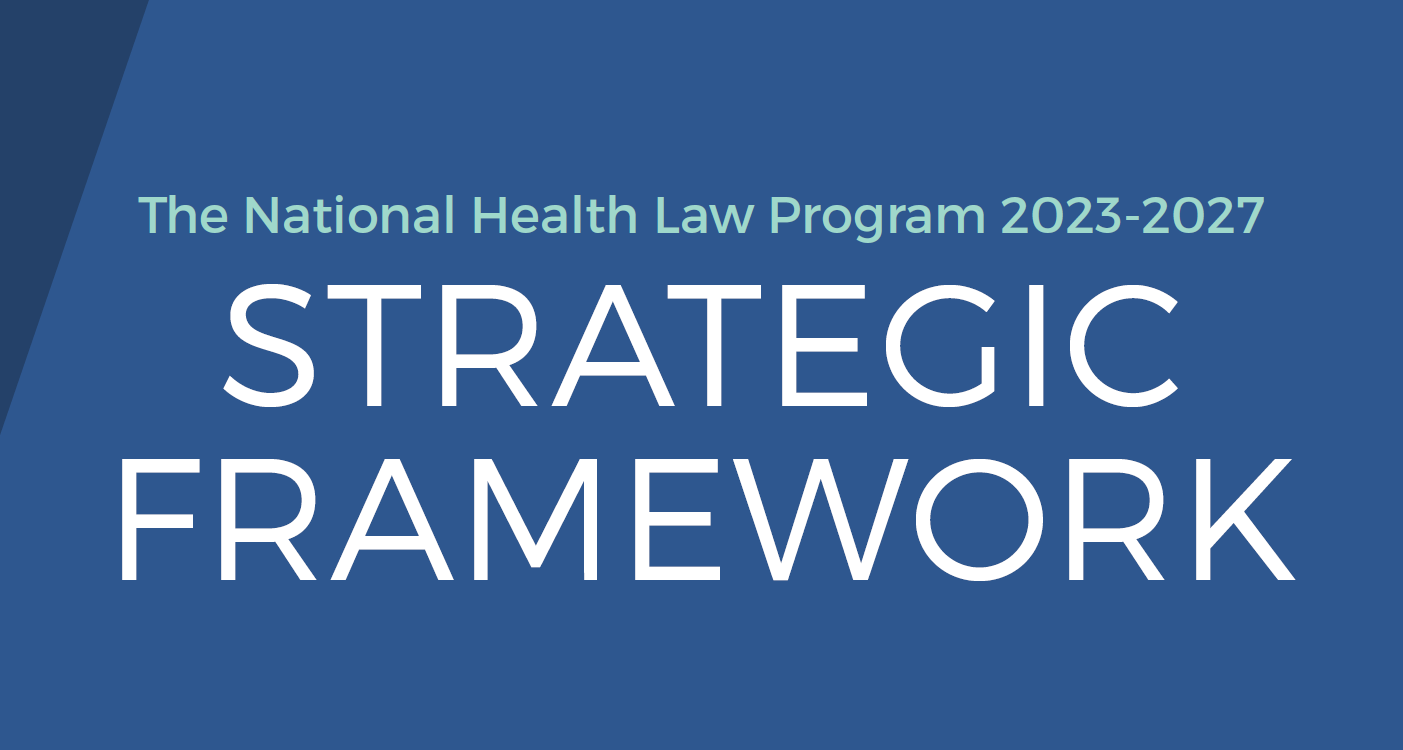Reproductive Health: Over the Counter Birth Control Pill Supported by FDA Advisory Committees
At the May 9-10, 2023, Joint Meeting of the Nonprescription Drugs Advisory Committee and the Obstetrics, Reproductive and Urologic Drugs Advisory Committee, U.S. Food and Drug Administration (FDA) advisers voted that the agency should grant a bid to support making the birth control pill, Opill, available for over-the-counter (OTC) use.
Opill is manufactured by Perrigo Company and is currently only offered as prescription only. Opill consists of 0.075 mg norgestrel, which has been used to prevent pregnancy in women in the U.S. since it was approved by the FDA in 1973.
In general, the OTC review process is designed to evaluate whether consumers can accurately follow the label instructions. FDA held a two-day meeting that consisted of presentations from the applicants, FDA, and the public, followed by public discussions prior to the vote. The meeting focus was around adherence and ability to take the contraceptive as directed by the label. FDA officials highlighted the lack of information presented on whether women, including those with low literacy skills, would be able to understand the drug’s instruction label. They stated that the failure to take the contraceptive at the same time every day could lead to unintended pregnancy. However, other FDA panel members said, during the open discussion, that they believed most women could independently determine whether the contraceptive is appropriate for them to use.
The FDA Advisory Committee members were asked to vote on whether people were likely to use the pill properly so that the benefits would exceed the risks. Seventeen voted yes. Zero voted no or abstained.
The non-binding vote is important because it signals the panel’s confidence and support for making Opill available OTC. The Advisory Committee consists of independent medical experts who reviewed the scientific evidence and public input on the safety, efficacy, and consumer use of Opill. Their unanimous vote reflects their professional judgment and recommendation to the FDA, which has the final authority to approve or reject the drugmaker’s request. While the FDA usually follows the panel’s advice, it is not obligated to do so. Therefore, the non-binding vote is a positive and influential step, but not a guarantee, for OTC birth control pills.
The legal implications of this potential approval are significant, especially at a time when women’s reproductive rights are under attack in many states. Since the Dobbs decision announced last summer, access to abortion care has been severely limited or prohibited in several states. Making birth control pills more accessible through OTC by eliminating the need for a prescription could help reduce unintended pregnancies.
However, some challenges and limitations remain. The next step in the switch of Opill from prescription (Rx) to OTC use involves a vote by the FDA, ruling on the recommendation. FDA will approve an Rx-to-OTC switch application when FDA determines that the previous prescription status is “not necessary for the protection of the public health by reason of the drug’s toxicity or other potentiality for harmful effect, or the method of its use, or the collateral measures necessary to its use, and . . . the drug is safe and effective for use in self-medication as directed in proposed labeling.” See 21 C.F.R. § 310.200(b). This vote is expected during the 2023 summer months.
Foley is here to help you address the short- and long-term impacts in the wake of regulatory changes. We have the resources to help you navigate these and other important legal considerations related to business operations and industry-specific issues. Please reach out to the authors, your Foley relationship partner, or to our Health Care Practice Group with any questions.






